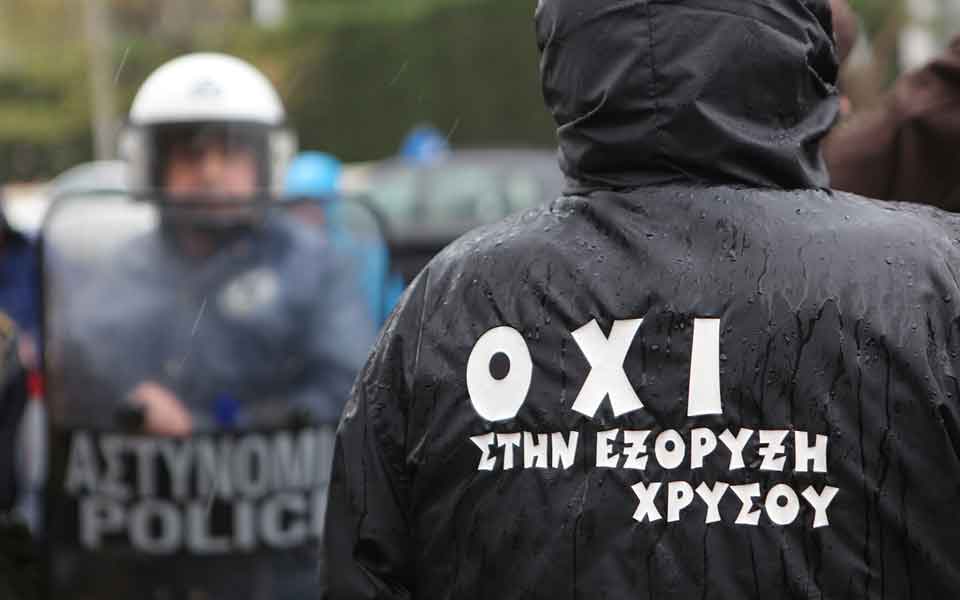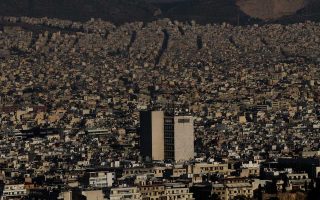Not a single fast-track project is fully up and running yet

Nearly seven years since the first law was introduced on the fast-track process for investments by then state minister Haris Pamboukis, only a handful of the projects that entered the scheme have been completed, and not one has started operating.
In most cases the implementation of the investments has been delayed, not due to the non-application of the law but because of the inability to fund them. The approvals were granted relatively quickly, but finding the necessary funds in a period of crisis has turned out to be neither easy nor quick.
There even are some cases where, although the investment was included in the fast-track process, the investors did not pay the administrative fees to the competent authority, originally Invest in Greece and now Enterprise Greece. This is why three investments in the energy sector have lost their strategic classification since 2014.
A similar fate awaits the Pravita Estate tourism investment in Halkidiki,which entered the fast-track system in November 2013 but has not paid the administrative fee, and sources from the Economy and Development Ministry say it will also lose its strategic status. The administrative fee amounts to 0.2 percent of the total investment and can range from 100,000 to 300,000 euros.
Other projects were signed up to the fast-track scheme but did not proceed or were delayed due to opposition from the local community: The Thrace Gold Mines investment (100 percent owned by Eldorado Gold) entered the fast-track system in 2012 but has not yet filed its project details. Another investment to be implemented but outside the fast-track framework it entered in 2014 concerns The Mall Athens.
A project that is going ahead in the face of local reaction is Itanos Gaia by Loyalward in Sitia on Crete with a budget of 267.7 million euros, after the Council of State recently rejected the case against the special zoning plan for the project, which obtained fast-track status in December 2012.
There also are renewable energy source projects that are in the final stretch but cannot start operating pending significant legal amendments. Of the five projects that have entered the fast-track system four are awaiting the activation of the new RES pricing framework, while a fifth is waiting for its installation permit to be renewed.





